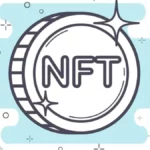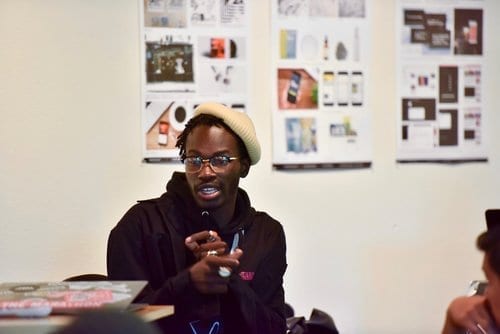Spatial Labs, a web3 infrastructure and hardware company, has raised $10 million in a seed round led by Blockchain Capital, with participation from Marcy Venture Partners.
The company, which was founded in 2021 by Iddris Sandu, aims to create products and shopping experiences using augmented reality. Sandu believes that the “metaverse” is not just a virtual space, but a way to add more context to the real world and make it more enjoyable.
Spatial Labs made a name for itself in the industry last year with the sale of clothes embedded with a microchip called LNQ. The chip provided consumers with the item’s provenance and ownership history, which was recorded on the blockchain. This technology allowed customers to have a better understanding of where their purchases came from, and gave them a greater sense of transparency and trust in the brands they were buying from.
The chip also enabled brands to create loyalty programs directly into their products. This allows companies to offer incentives and rewards to their customers for repeat business, without having to rely on email lists or other traditional marketing methods. This technology has the potential to revolutionize the way that companies interact with their customers, and could lead to more personalized and engaging shopping experiences.
With the fresh capital, Spatial Labs plans to continue scaling its blockchain-enabled technology and expand into other industries, such as media and entertainment. The company also plans to launch a device called Node, which will simplify the process of developing and deploying augmented reality experiences. The device will allow developers and creators to easily create AR experiences and make them accessible to a wider audience.
Sandu, who is currently 25 years old, is now one of the youngest Black men to successfully raise a double-digit seed round as a solo founder. However, he points out that because of enduring discrimination in the venture capital industry, the process of raising funding can be difficult for Black founders.
Despite these challenges, he is committed to using the funding to turn Spatial Labs into one of the fastest-growing unicorns in the industry.































